The cultural diversity of Malaysia is matched only by its phenomenal natural landscapes.
All that variety means vacation options are seemingly endless, whether you want to enjoy an award-winning pint with your pasembur in Penang, retrace Jim Thompson’s last steps in the Cameron Highlands or swim with hammerheads off Sipadan Island.
But there a few constants in the chaos to keep in mind as you plan for that perfect trip.
1. Everyone can fly
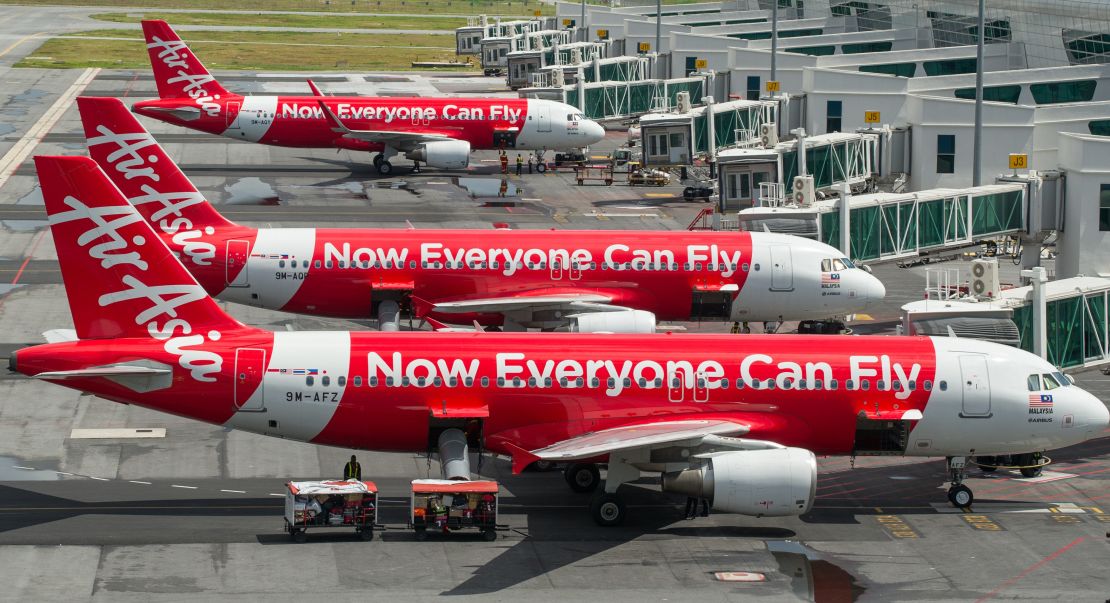
AirAsia led the way for low-cost travels in the Southeast Asia, and Malaysia’s where it all started.
Between the “Apprentice Asia” bossman Tony Fernandes’ airline and Penang-based Firefly, some 18 domestic destinations across peninsular and East Malaysia are interconnected with scheduled flights.
Breakfast in the UNESCO-listed world heritage city of Georgetown, lunch in Kuala Lumpur and asleep in the Borneo rainforest by nightfall? Travelers can now live the jet-set lifestyle, no frills edition.
2. Fair taxi fares? You probably won’t find them
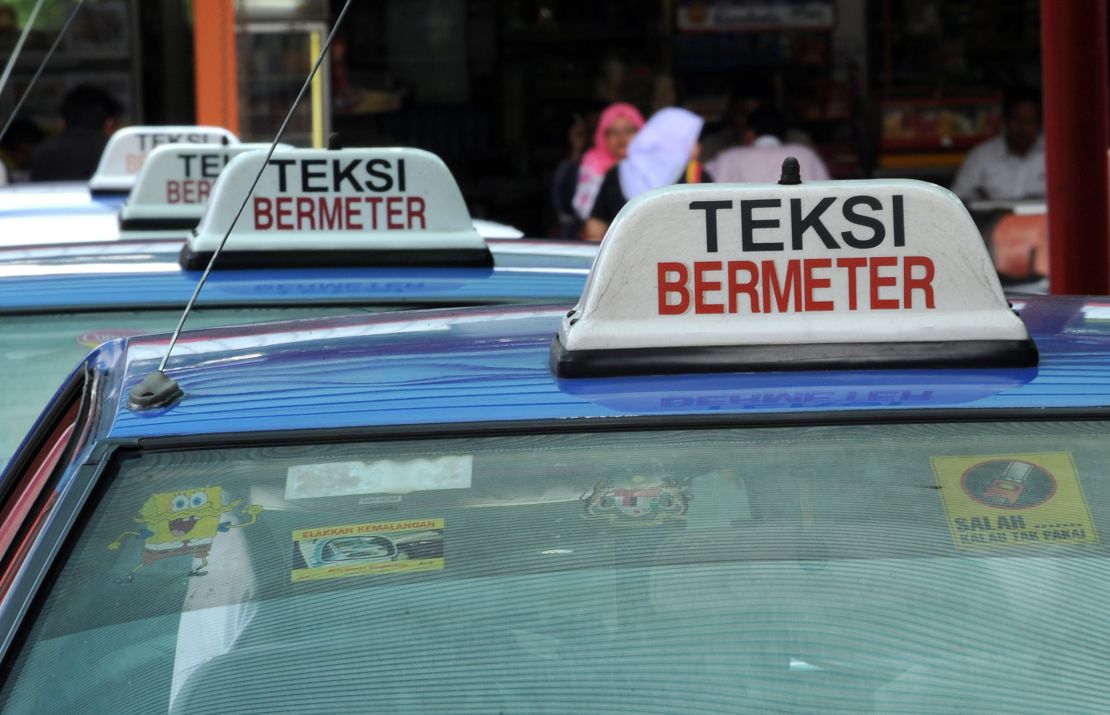
Kuala Lumpur taxis consistently rank on world’s worst lists.
Their notoriety isn’t helped by comments made by a minister who said the attitudes of the cab drivers were “worse than our filthy public toilets.” (A comment later withdrawn with an apology.)
Savvy visitors insist on meter usage, haggle or, if they have time, use local public transportation. Many of the new taxi booking apps are helpful: Easy Taxi and My Teksi are good.
3. It’s always Milo time
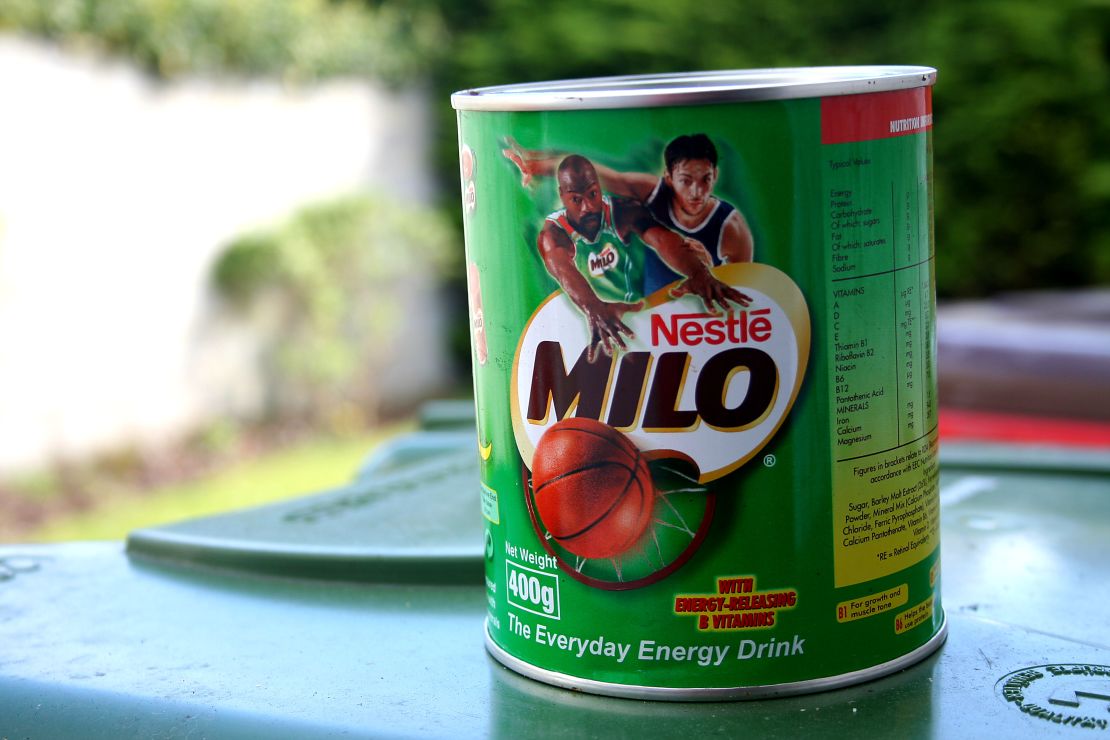
Somewhere between 1950 and now, Malaysia became the world’s largest consumer of the famous cocoa and malt drink. The country also has the world’s largest Milo factory.
It’s sold everywhere from KFC to kopitiams (coffee shops), McDonalds to mamak stalls.
You can enjoy it hot or iced, with Nescafe (aka Neslo), with a heap of powdered Milo on top (aka Milo Dinosaur) or a dino on steroids – Milo Godzilla, with additional whipped or ice cream to top it off.
4. The word “bacon” is used loosely
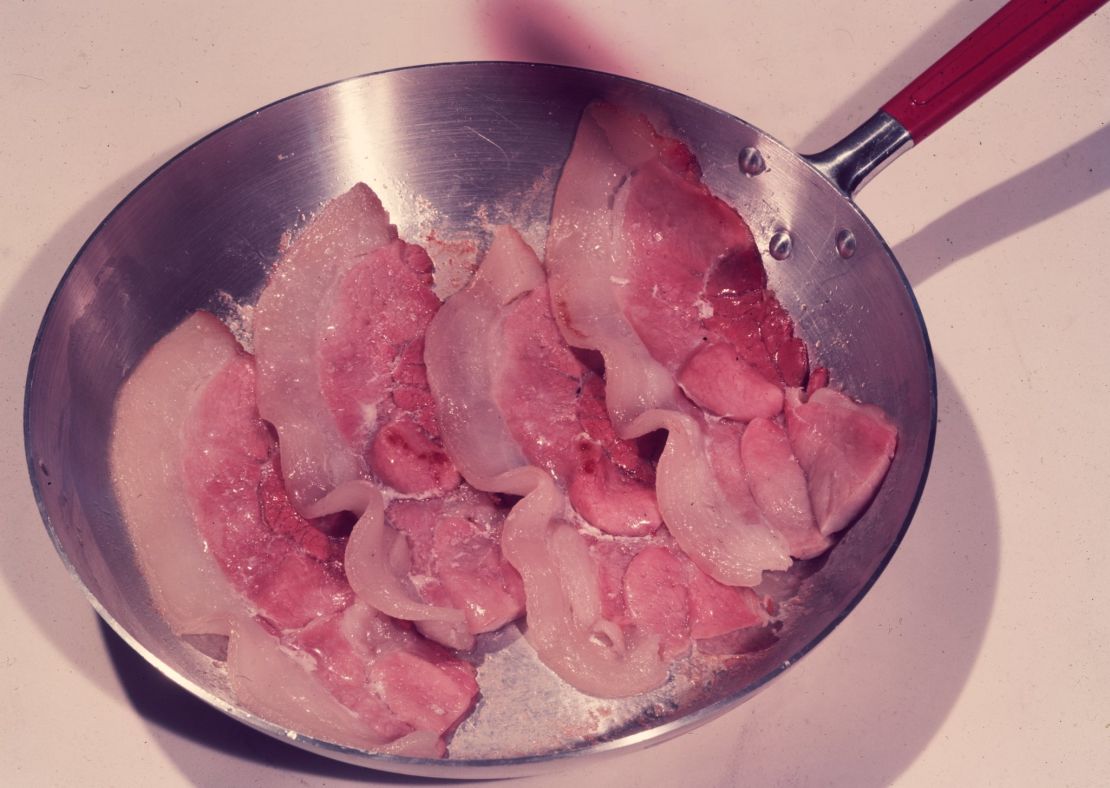
For the third year running, Malaysia has topped the list of the world’s most Muslim-friendly holiday destinations, according to Singapore-based Muslim travel consultancy Crescent Rating.
One of the criteria used for the survey was access to halal-compliant food.
This means there are large voids left by pork sausages and bacon at most hotel breakfast buffet lines.
If your definition of bacon extends to rashers made of chicken, turkey or beef, you’ll be fine. Otherwise, you’re gonna have to keep your bacon mania in check (yes, apparently there is such a thing).
You’ll find pork in the country at Chinese-run restaurants, especially in destinations like Penang, but overall the pig pickings are slim.
5. Greatest Guinness outside Ireland
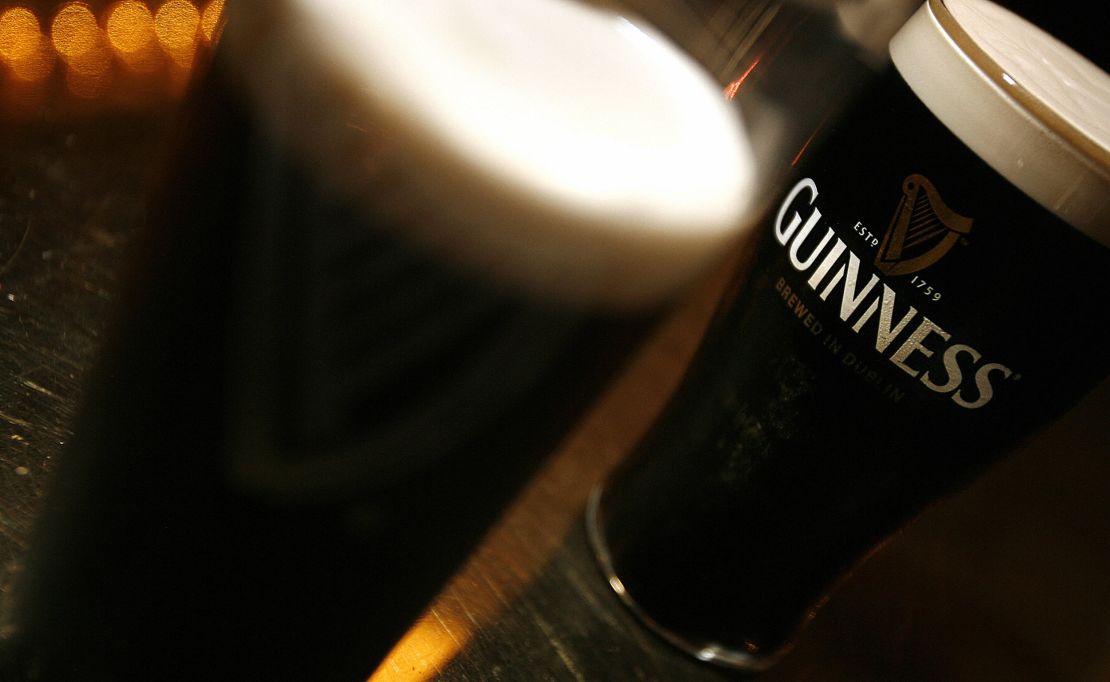
Claims like this don’t come without medals and trophies to back them up.
For five consecutive years, Malaysia has won the coveted Guinness League of Excellence Award and bragging rights for brewing the velvetiest Irish stout beyond the popular black nectar’s home turf.
6. Duty free islands
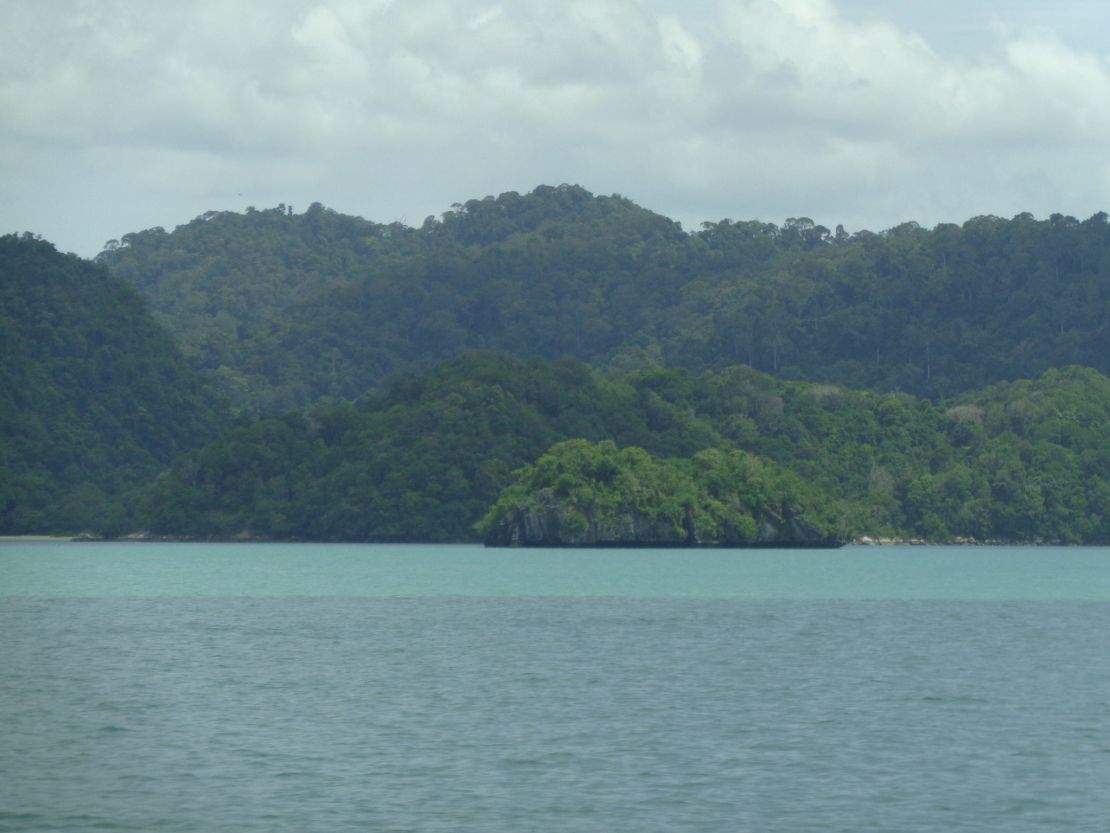
If hedonistic pursuits put large dents in your travel budget, then consider this – the excise rate paid on beer in Malaysia is the second highest in the world.
Luckily, islands such as Langkawi, Tioman and Labuan are all designated tax-free zones, so you can stock up on quality booze and smokes.
Government tariffs are also waived on hotels and selected retail goodies.
7. Plants and animals like it here, too
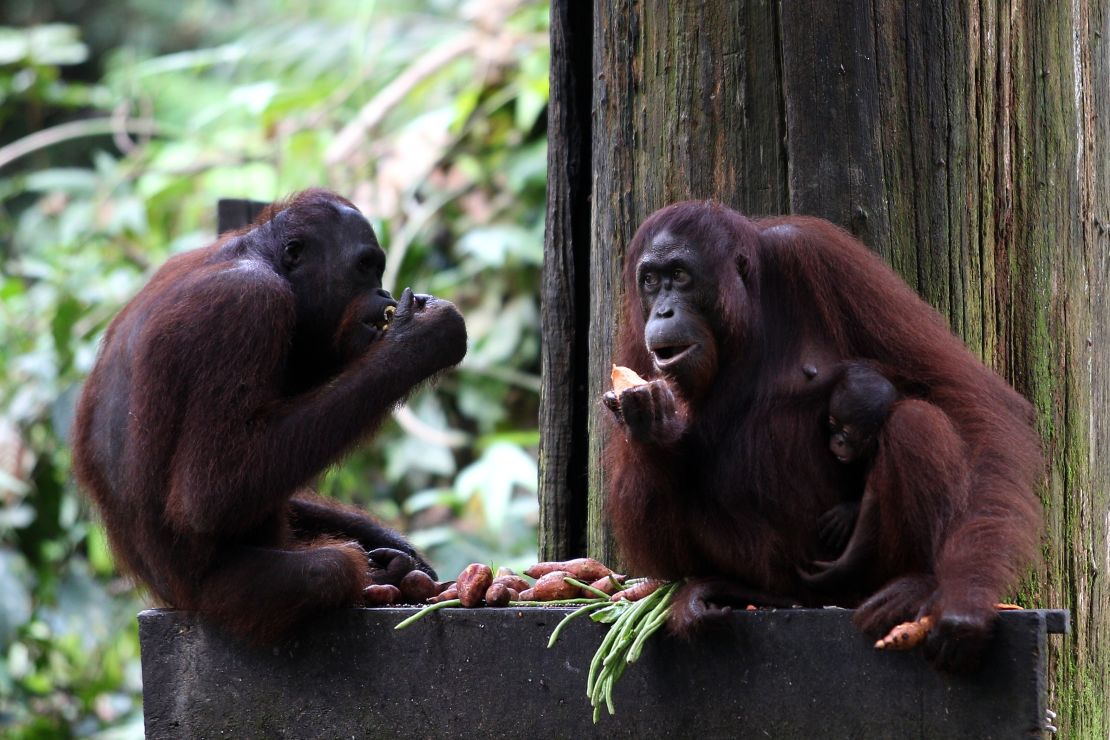
Malaysia is one of just a handful of countries considered “megadiverse,” said to harbor 20% of the world’s animal species in its rich ecosystems.
This natural biodiversity puts it in the same league as Brazil. In fact, the Amazon rainforest is a baby at 55 million years old compared with Malaysia’s Taman Negara, which has been around for 130 million years and is reputed to be the world’s oldest.
Wild elephants, tigers and orangutans still roam free – despite dwindling numbers – in reserves and national parks.
The waters around Sipadan are reputed to cover some of the best dive sites in the world, while the largest flower in the world, the rare Rafflesia arnoldii, aka corpse flower, can be found on Malaysian Borneo.
8. The best char kuay teow is in Penang
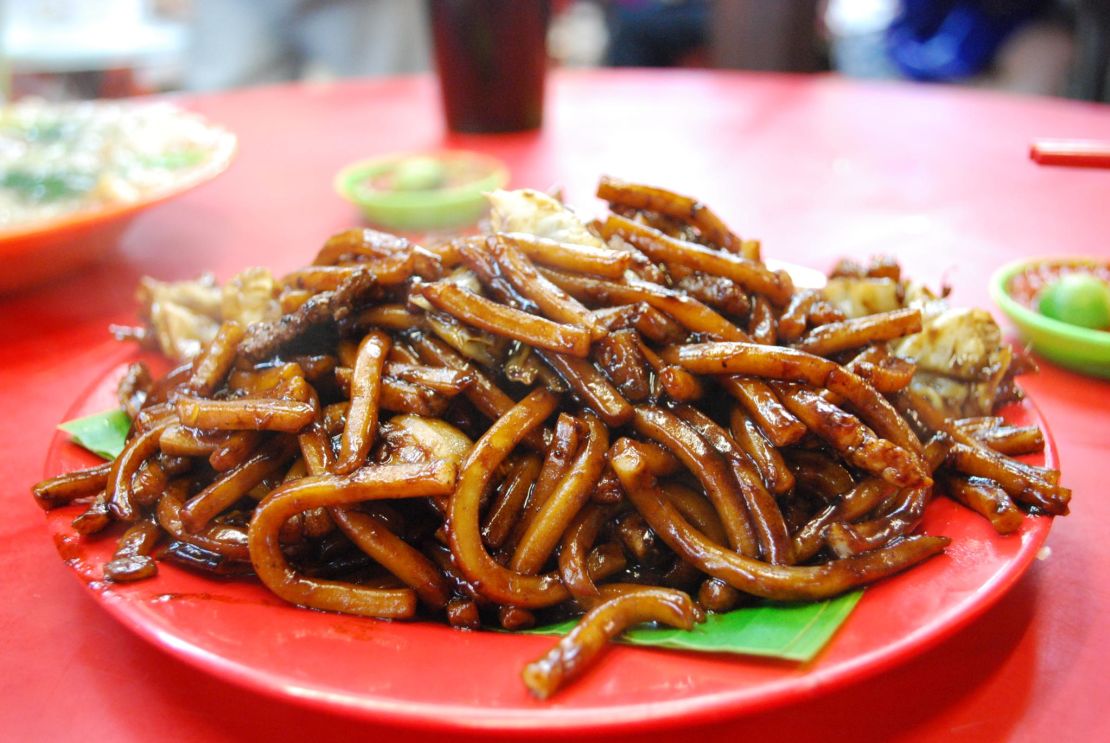
Penang is widely regarded as the nation’s culinary capital, and char kuay teow is at the top of the food chain.
Why else would diners put up with long waits (more than an hour in some instances) and a notorious red-hatted proprietor known for her surly attitude, plying stir-fried noodles that cost double what other hawkers are charging?
If you’re feeling a bit masochistic and/or hungry, any local will direct you to the infamous Lorong Selamat Char Kuay Teow at Kafe Heng Huat.
The island’s numerous hawker centers ply all sorts of other Chinese, Indian and Malay fare, from hokkien mee to curry mee and rojak.
Some would (and do) even say the best street food in the world can be found on the island.
9. Visiting during Ramadan isn’t a problem
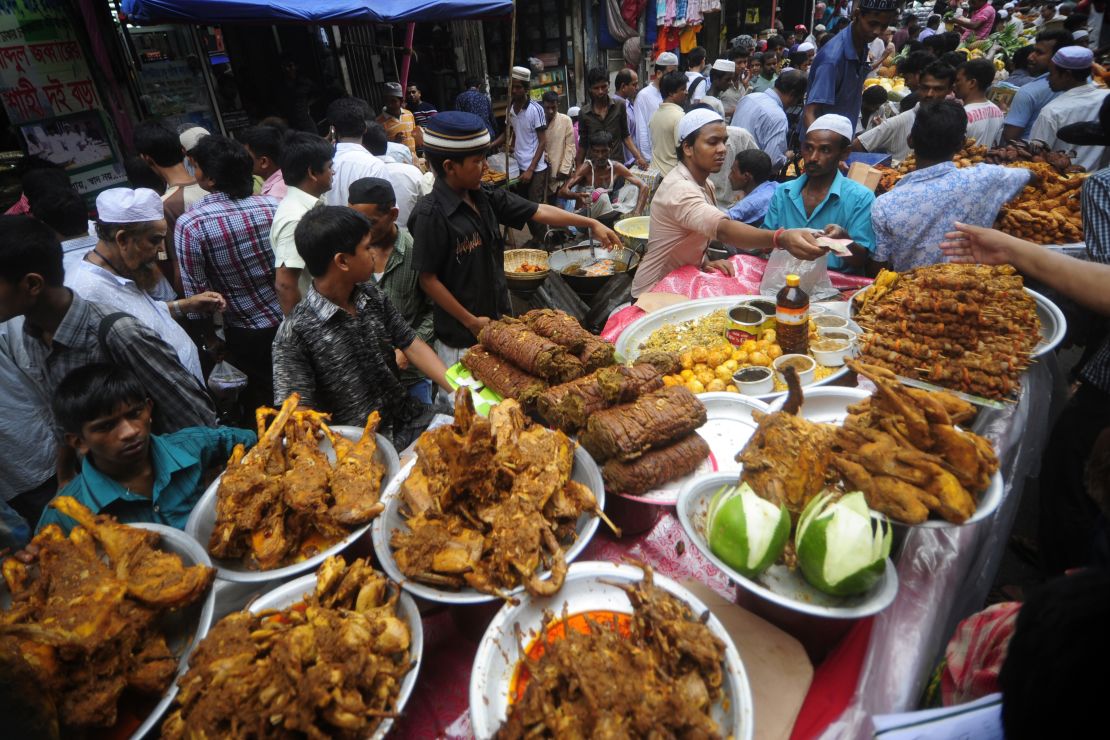
With more than half the population being Muslim, Ramadan is widely observed in Malaysia.
But unlike in more conservative destinations such as Dubai, visitors and non-Muslim Malaysians aren’t expected to abstain from eating, drinking or smoking in public during the month of fasting.
Nevertheless, it’s considered a polite gesture for visitors not to be scarfing and swigging on the street during this time. For the most part, you can still get alcohol, and hotel eateries and restaurants run by non-Muslims open as normal.
Nighttime is the time to eat – there’s a dizzying spread at the Ramadan Bazaars (called “Param” locally) – lively markets where lots of food stalls are set up to cater to Muslims breaking their daily fast at sundown.
10. Malaysians are mad for social media
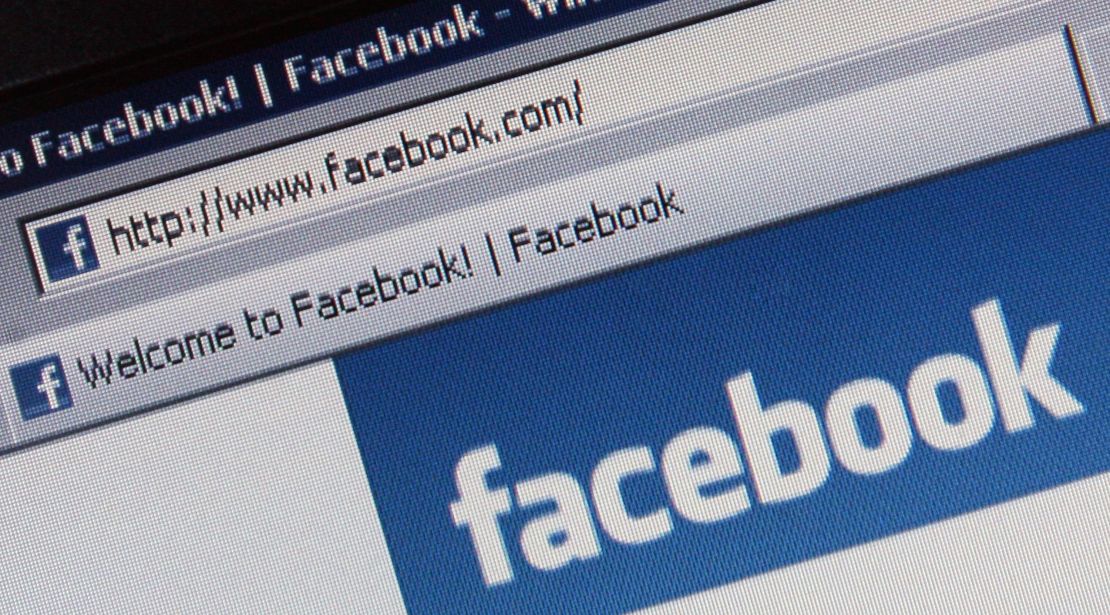
In a global study conducted by research firm TNS in 2010, Malaysians ranked as the most e-social nationality on the web, with an average of 233 friends in cyberspace.
If you want a new Malaysian BFF, it won’t be hard – locals are often enthusiastic to become your newfound friend, fan or follower.
Editor’s note: This article was previously published in 2013. It was reformatted and republished in 2017.
